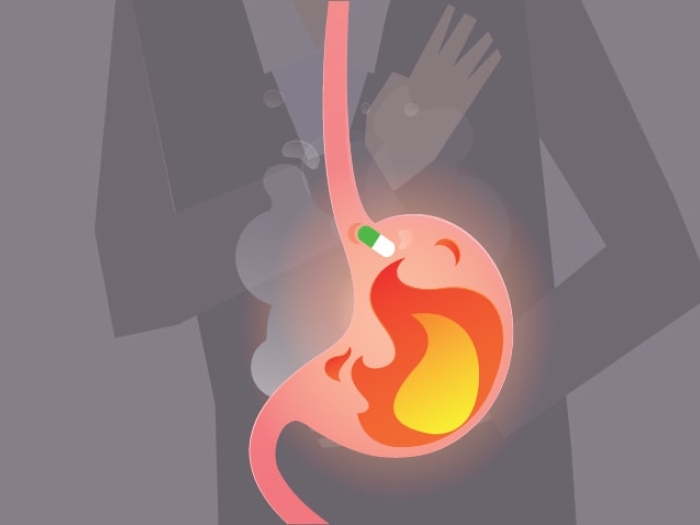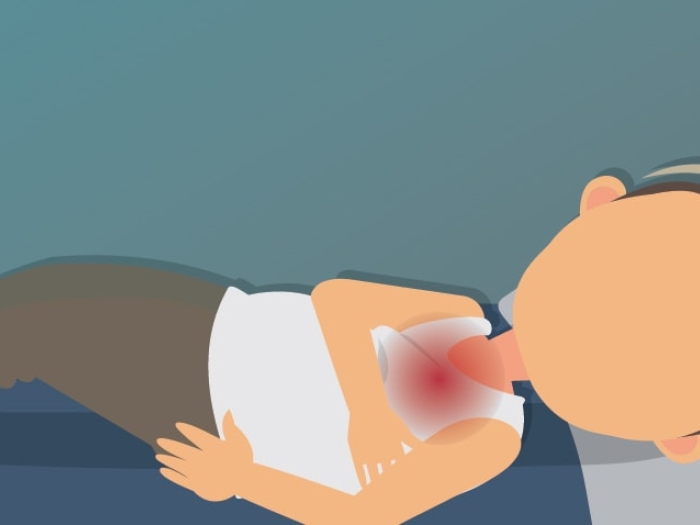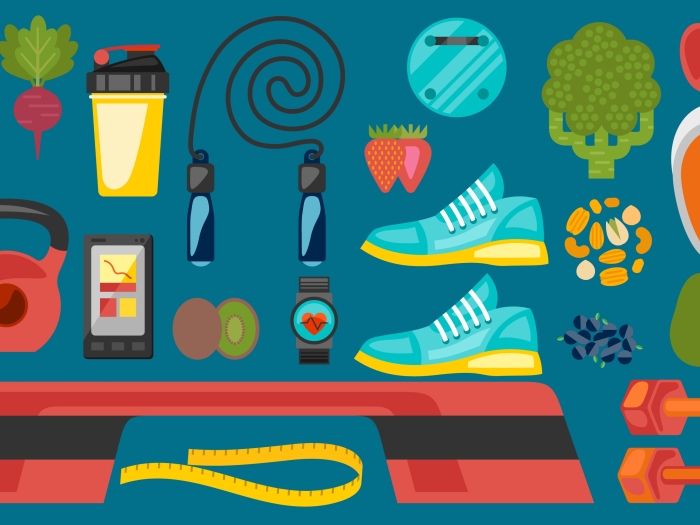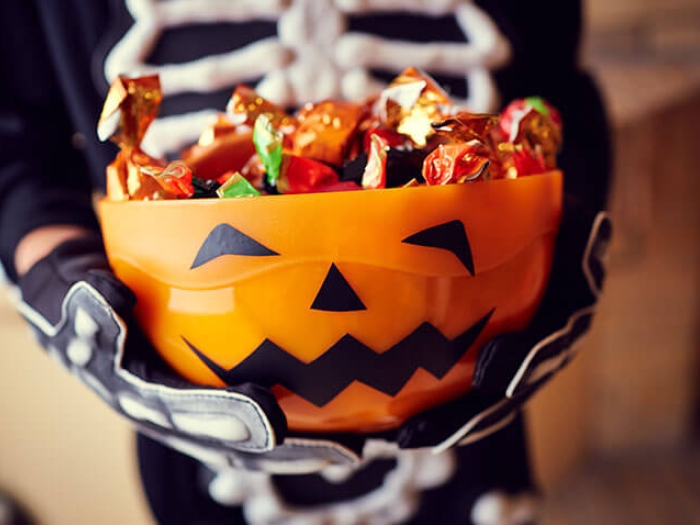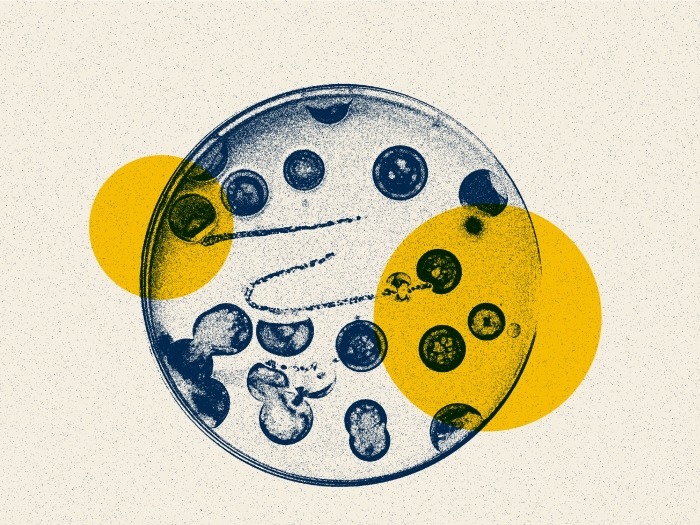Overindulgence can be a pain in your stomach. Skip the bellyache after your next big feed with these quick fixes
8:00 AM
Author |

This article was updated on August 2, 2023.
Overeating.
Most of us have done it at some point, even with the best of intentions not to.
Sometimes that holiday meal is so delicious we can't stop, or the dessert table is too tempting to ignore.
You feel bloated now, but don't despair: Overdoing it once in a while isn't going to ruin your health, though it can wreak havoc on your digestive system.
Overeating and your digestion
The average stomach ordinarily holds about one or two cups of food. When we overeat, we may be consuming twice that or even more. To make room for that extra food, your stomach stretches like a balloon. If you overeat frequently, your stomach expands easily (which is not a good thing unless you're a competitive eater). Most people will feel discomfort as their stomach is stretched beyond its normal capacity.
Depending on what you've eaten, that feeling may stick around. Foods high in fat and fiber take longer to digest. So, if you've overeaten fried foods, expect stomach pain to linger.
As that food lingers in your belly, it can start to push up against your diaphragm, causing you to have shallow breaths. It can also cause digestive fluids to sneak back up into your esophagus. When that happens, you may experience heartburn, which has nothing to do with your heart, or a sour, acidic taste in your mouth.
SEE ALSO: Feeling the burn? Advice on handling heartburn during the holidays
Here are four guidelines to help avoid these symptoms.
- Slow down. As you eat and your stomach stretches, hormones signal to your brain that you're full. If you eat too quickly, you'll have overeaten by the time your body gets the fullness signal. Also, try to listen to your body when you get that full feeling.
- Get moving. If you've overeaten, take a gentle walk to help stimulate the process in your body that pushes the food down your gastrointestinal tract. Don't run or overexert yourself, though. If you work too hard, blood will flow to your legs rather than your stomach, and digestion will slow down.
- No napping. As much as a quick catnap after a big meal seems like a good idea, it's not. If you lie down with your stomach stuffed, food can more easily work its way up your digestive tract rather than down. Lying down can worsen heartburn brought on by overeating.
- Avoid bubbles. Have you ever been offered a glass of soda to settle your stomach? Just say no. Carbonated beverages add to the bloated feeling, and add more gas that your body needs to expel.

Explore a variety of health care news & stories by visiting the Health Lab home page for more articles.

Department of Communication at Michigan Medicine
Want top health & research news weekly? Sign up for Health Lab’s newsletters today!

